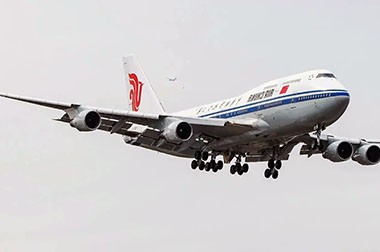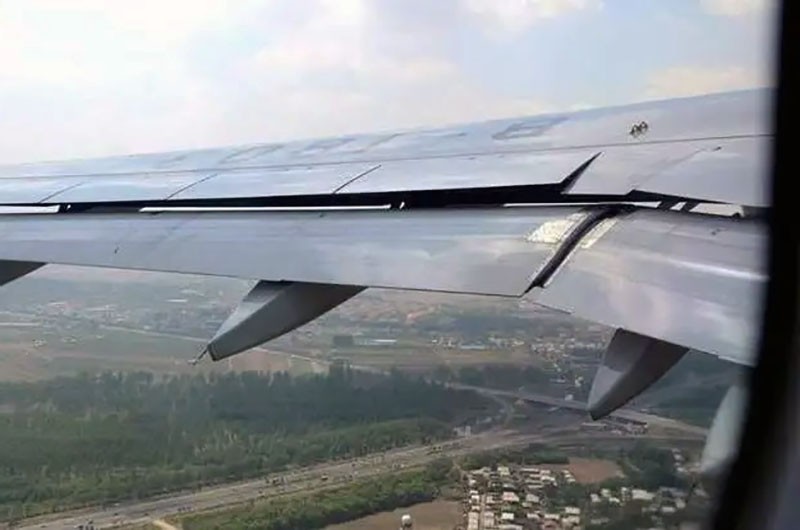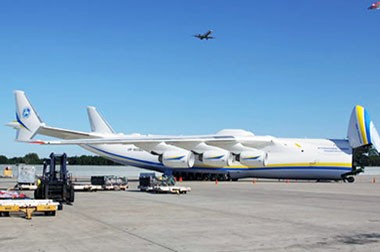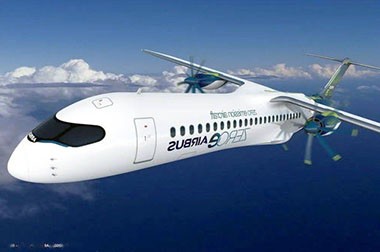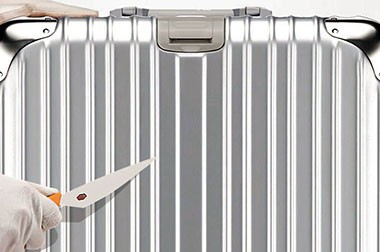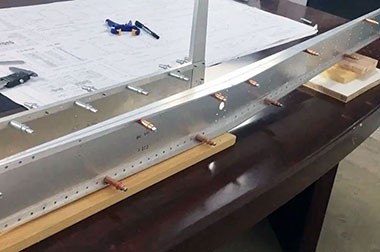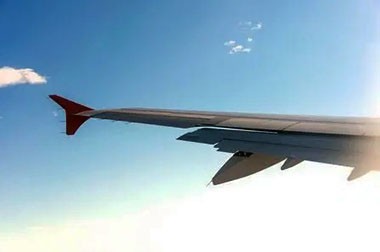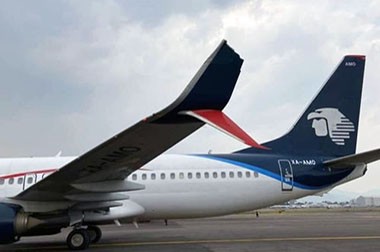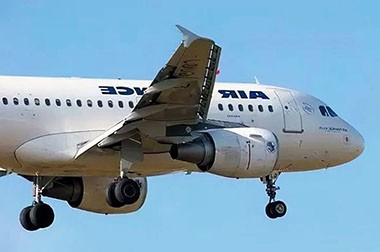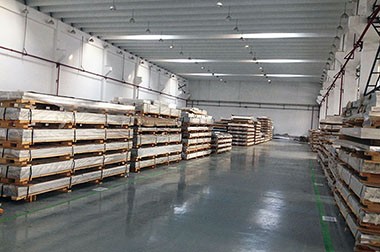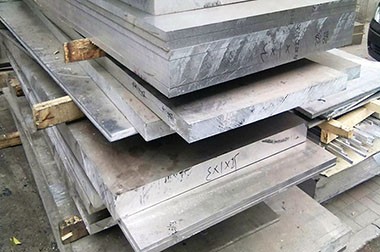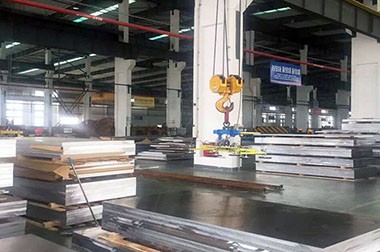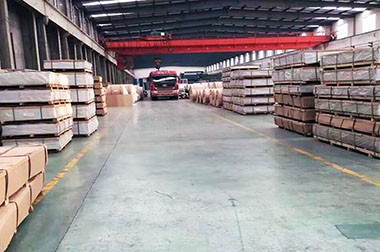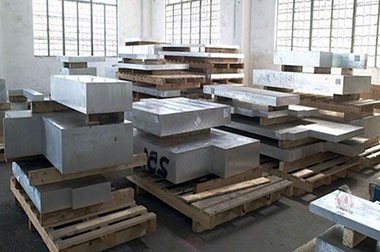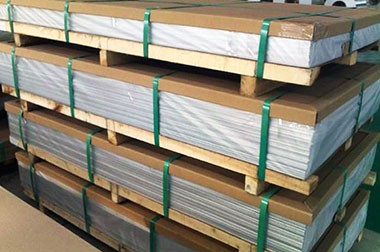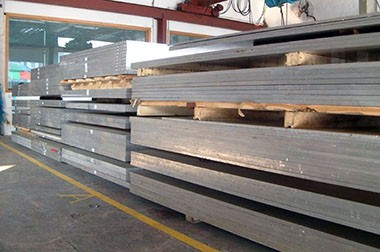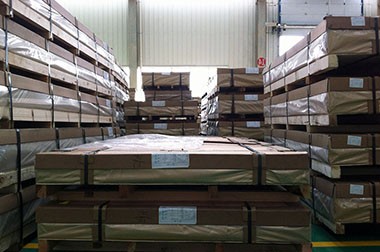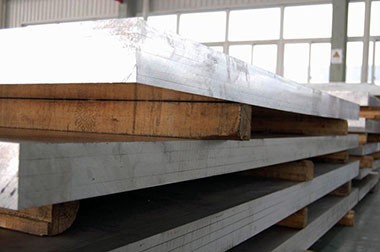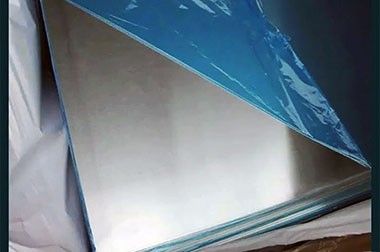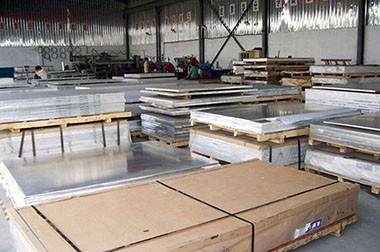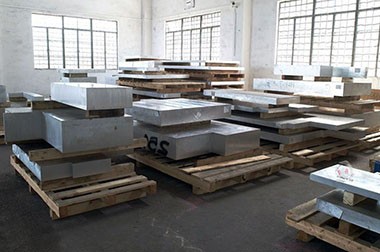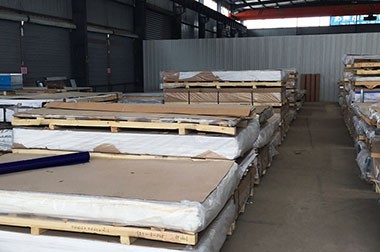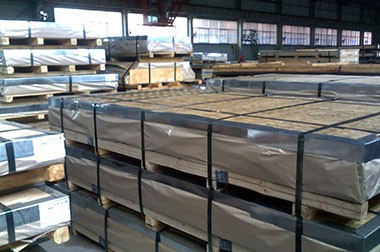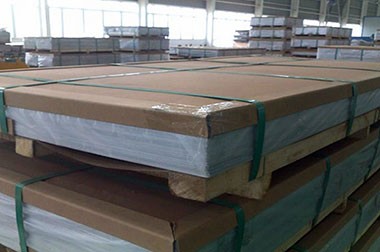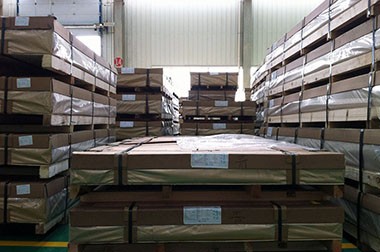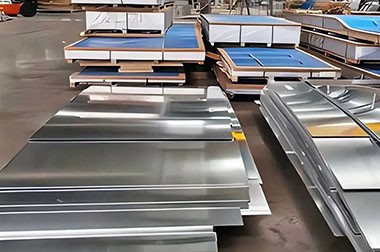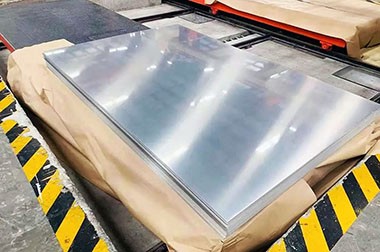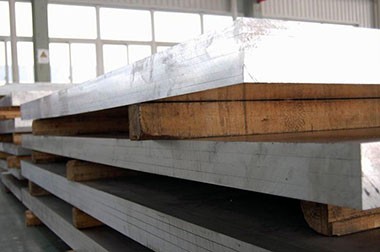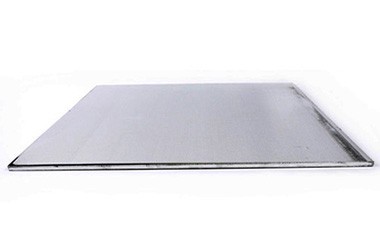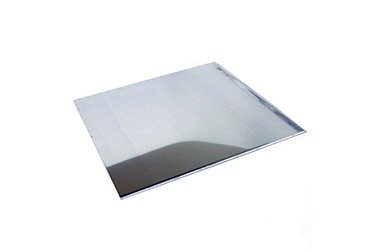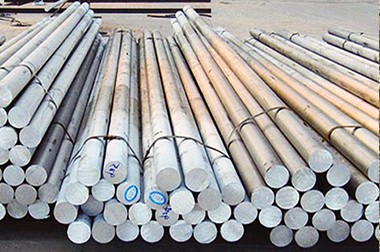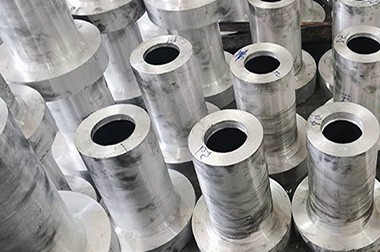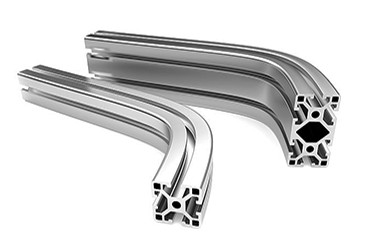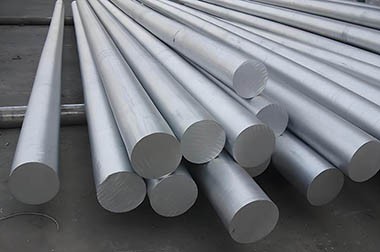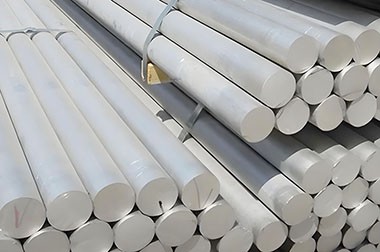7050 T7451 Aircraft Aluminum Plate Sheet
7050 aluminum plate is a high-strength aluminum alloy primarily used in the aerospace industry, particularly for components that need to withstand high stress and harsh environmental conditions. It belongs to the 7000 series of aluminum alloys, similar to 7075 alloy, but has some significant advantages that make it more attractive in certain applications.
The 7050 T7451 aerospace aluminum plate is a zinc alloy aluminum alloy primarily used for structural components that require high strength and corrosion resistance. Its chemical composition allows it to achieve extremely high strength after heat treatment, making it particularly suitable for the aerospace industry.
The 7050 T7451 condition refers to the artificial aging treatment that ensures the material's stability in high-temperature environments. Additionally, this aluminum plate has good weldability and is widely used in wings, fuselages, and other critical components. Its excellent fatigue resistance and stress corrosion performance enable it to excel under harsh conditions.
The 7050 T7451 aerospace aluminum plate is a high-strength aluminum alloy material widely used in aerospace, automotive industries, and other high-demand engineering fields.
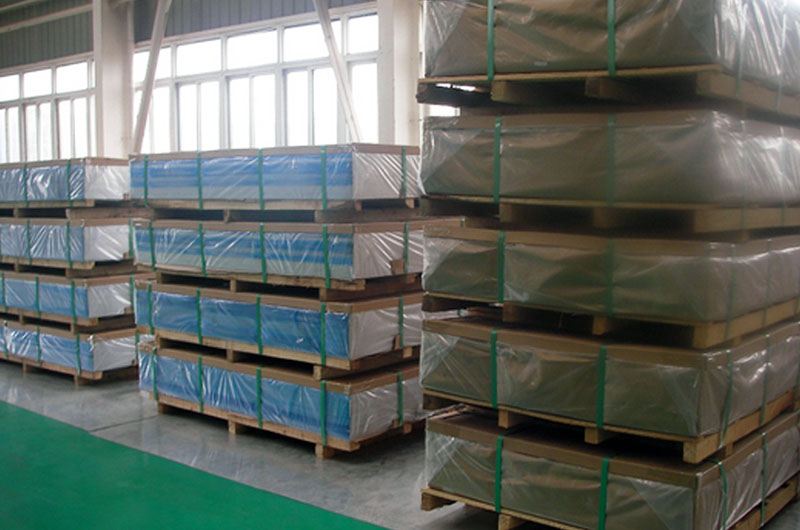
What is 7050 Aluminum Alloy?
7050 aluminum alloy is a high-strength, heat-treatable aluminum alloy with excellent exfoliation corrosion resistance, stress corrosion cracking (SCC) resistance, and good toughness, making it widely used in the aerospace industry. Compared to other 7000 series alloys such as 7075, 7050 has lower quench sensitivity, allowing it to maintain excellent strength characteristics in thicker sections and exhibit better corrosion resistance, especially in thicknesses ranging from 3 to 6 inches.
7050 aluminum alloy is typically used in aerospace structural components such as fuselage frames, bulkheads, and wing skins. Its corrosion resistance and exfoliation resistance are superior to those of 7075 aluminum alloy, especially in thicker plates. The 7050 T7451 aluminum plate (AMS 4050) maintains high strength while demonstrating excellent SCC and exfoliation corrosion resistance. In contrast, 7050 T7651 (AMS 4342) has slightly higher strength but its SCC resistance is somewhat inferior to T7451.
The primary alloying elements in 7050 aluminum are zinc and magnesium. By increasing the magnesium content, the tensile strength, stress corrosion resistance, and exfoliation corrosion resistance are significantly improved. After heat treatment, 7050 alloy exhibits a much stronger effect than binary aluminum-zinc alloys, making it widely used in high-strength, corrosion-resistant aerospace structures, particularly in high-stress aircraft components.
With its low quench sensitivity and sustained strength, 7050 aluminum alloy is the material of choice in the aerospace field, especially for large structures that require extremely high strength and corrosion resistance, such as fuselage frames, bulkheads, and wing skins. 7050 T7451 aluminum alloy, with its exceptional performance, is widely used in critical aircraft components that demand low maintenance and optimal strength.
Advantages of 7050 Aluminum Plate
- Strength and Toughness: 7050 aluminum alloy strikes a good balance between strength and toughness. Its strength is close to that of 7075 aluminum alloy, but it offers better toughness, especially in thicker sections. This makes 7050 more reliable in aerospace structures, particularly for critical parts like fuselage and wing skins, where it can withstand higher mechanical stresses.
- Corrosion Resistance and Anti-Exfoliation: Compared to 7075 aluminum alloy, 7050 offers stronger corrosion resistance. Particularly in terms of stress corrosion resistance, 7050 excels over 7075 and has better anti-exfoliation corrosion properties. Its resistance to stress corrosion cracking (SCC) is particularly notable in thick plates, making it suitable for long-term stable applications, such as aircraft fuselages and other parts exposed to harsh environments.
- Quench Sensitivity: 7050 aluminum alloy has lower quench sensitivity compared to 7075. This means that, even in thick plates, 7050 can maintain more uniform strength and other mechanical properties during production without being as prone to deformation during the quenching process as 7075.
- Suitable for Thick Plates: 7050 alloy is particularly suitable for aluminum plates with thicknesses between 3 to 6 inches (approximately 75 to 150 mm). This makes 7050 an ideal choice for manufacturing large-section structural components, especially in aircraft and spacecraft, where these thick plates are required to carry large loads.
7050 Aluminum Temper and Heat Treatment
7050 aluminum plate typically comes in two main heat treatment tempers:
- T7451 Temper: This temper of 7050 aluminum plate offers higher stress corrosion cracking resistance, though its strength is slightly lower than the T7651 temper. A notable feature of T7451 is its excellent anti-exfoliation corrosion resistance, making it ideal for applications that require long-term exposure to corrosive environments. It is suitable for relatively thinner aerospace components or applications with high corrosion resistance requirements.
- T7651 Temper: In this temper, 7050 aluminum plate has the highest strength while maintaining good anti-exfoliation corrosion resistance and moderate stress corrosion cracking resistance. The T7651 temper is suitable for critical components that require superior strength, such as load-bearing structures of aircraft or engine components.
The Specification of 7050 Aluminum Plate
| Alloy | Temper | Thickness (mm) | Width(mm) |
| 7050 | T7451 | 4-260 | 1200-3800 |
| T7651 | 4-260 | 1200-3800 |
Haomei Aluminum offers 7050 aluminum in various forms and specifications, including 7050 round bars in the T74511 (AMS 4342) condition.
- AMS 4050: 7050-T7451 Plate
- AMS 4107: 7050-T74 Die Forging
- AMS 4108: 7050-T7452 Hand Forgings
- AMS 4201: 7050-T7651 Plate
- AMS 4333: 7050-T7452 Forgings
- AMS 4340: 7050-T76511 Extrusions
- AMS 4341: 7050-T73511 Extrusions
- AMS 4342: 7050-T74511 Extrusions
Characteristics of 7050 T7451 Aircraft Aluminum Plate Sheet
- High Strength: Compared to other aluminum alloys, 7050 aluminum alloy provides higher strength, suitable for high-load flight environments.
- Lightweight: Reduces the overall weight of the aircraft, improving fuel efficiency and payload capacity.
- Corrosion Resistance: In aviation environments, 7050 aluminum alloy has strong resistance to corrosion, extending the lifespan of components.
- Good Machinability: Despite its high strength, 7050 aluminum alloy still exhibits good weldability and machinability, making it easy to manufacture complex aerospace structures.
7050 T7451 Aircraft Aluminum Plate Sheet Chemical Composition
| Alloy | Si | Fe | Cu | Mn | Mg | Cr | Zn | Zr | Ti | Standard |
| 7050 | 0.12 | 0.15 | 2.0-2.6 | 0.10 | 1.9-2.6 | 0.04 | 5.7-6.7 | 0.08-0.15 | 0.06 | GB/AMS/EN |
7050 T7451 Aircraft Aluminum Plate Sheet Mechanical Properties
| Material | Temper | Thickness | Tensile Strength (ksi) | Yield Strength (ksi) | Elongation in 2" % |
| Alloy 7050 Plate (longitudinal) | T7451 | <2.0 | 74 | 64 | 10 |
| Alloy 7050 Plate (longitudinal) | T7451 | 2.0 -3.0 | 73 | 63 | 9 |
| Alloy 7050 Plate (longitudinal) | T7451 | 3.0 - 4.0 | 72 | 62 | 9 |
| Alloy 7050 Plate (longitudinal) | T7451 | 4.0 - 5.0 | 71 | 61 | 9 |
| Alloy 7050 Plate (longitudinal) | T7651 | 0.25 - 1.0 | 76 | 66 | 9 |
| Alloy 7050 Plate (longitudinal) | T7651 | 1.0 - 1.5 | 77 | 67 | 9 |
| Alloy 7050 Plate (longitudinal) | T7651 | 1.5 - 2.0 | 76 | 66 | 9 |
| Alloy 7050 Plate (longitudinal) | T7651 | 2.0 - 3.0 | 76 | 66 | 8 |
7050 Aluminum Plate Physical Properties
| Property | Value |
| Density | 2.83 g/cm³ (0.102 lb/in³) |
| Annealing Temperature | 415°C (775°F) |
| Solution Heat Treatment Temperature | 475°C (890°F) |
| Aging Temperature | 120-175°C (250-350°F) |
7050 Aluminum Processing and Welding
Although 7050 aluminum alloy has high strength, it still exhibits good machinability compared to other high-strength alloys. After heat treatment, it retains good mechanical properties and can accommodate various manufacturing processes. However, due to its high strength, 7050 aluminum alloy has poor weldability, requiring suitable welding methods, such as using special aluminum welding alloys or appropriate preheating and post-treatment processes to ensure the quality of the weld joints.
7050 aluminum plate is a key material in the aerospace industry, excelling in applications that require high strength, excellent corrosion resistance, low quench sensitivity, and superb toughness. Its comprehensive performance makes it a more reliable choice compared to traditional high-strength aluminum alloys like 7075, especially in thicker material applications, where 7050 can maintain more stable performance and reduce potential risks due to stress corrosion. Therefore, 7050 aluminum plate is an ideal material for manufacturing aircraft, spacecraft, and other high-end aerospace components.
Applications of 7050 T7451 Aerospace Aluminum Plate
1. Fuselage Structure
The 7050 T7451 aluminum plate is commonly used for structural components of the aircraft fuselage. Due to its high strength and lightweight characteristics, it effectively reduces the overall weight of the aircraft, improving fuel efficiency and payload capacity. Specific applications include:
- Fuselage Frame: Used to support the main structure of the fuselage, providing strength and rigidity.
- Outer Skin Panels: Used to cover the exterior of the fuselage, providing protection and reducing aerodynamic drag.
2. Wing Structure
- Wing Spars: As the main load-bearing structure of the wing, the 7050 aluminum plate can withstand high loads during flight.
- Wing Ribs: Used to support and enhance the structural strength of the wing, ensuring stability during flight.
3. Landing Gear
- Landing Gear Support Structures: Due to the high strength and good fatigue resistance of 7050 aluminum, it can withstand impact loads during takeoff and landing.
- Brackets and Connectors: Provide necessary strength and stability in the connection and support parts of the landing gear.
4. Cargo and Passenger Cabin Structures
- Cargo Floor: The 7050 T7451 aluminum plate is used for the floor structure of the cargo hold, capable of supporting heavy loads while remaining lightweight.
- Interior Walls and Partitions: Used for the interior walls and partitions of the passenger cabin, providing structural support while maintaining lightness inside the cabin.
5. Other Structural Components
- Engine Mounts: The 7050 T7451 aluminum plate provides necessary strength and stability in the engine installation and support areas.
- Control Surfaces: Structural components such as ailerons and rudders, ensuring effectiveness and safety during flight.
The 7050 T7451 aluminum plate is also used in high-performance automotive parts, sports equipment, high-end bicycle frames, and shipbuilding.
Stock of Haomei 7050 aerospace aluminum plate Sheet
What is the difference between 6061 and 7050 aluminum?
In the aerospace field, 6061 aluminum alloy is commonly used for manufacturing aircraft fuselage structures, brackets, and components due to its good machinability and weldability.
- 7050 aluminum alloy is primarily used for high-strength structural applications in aerospace, such as aircraft wings, fuselages, and other load-bearing components, because of its high strength and good fatigue performance.
- Strength: 7050 aluminum alloy has a higher strength than 6061 aluminum alloy, making it suitable for components that bear greater loads.
- Weldability: 6061 aluminum alloy is easier to weld, while 7050 aluminum alloy has poorer welding performance.
- Application Fields: 6061 is suitable for structures with medium strength and corrosion resistance requirements, while 7050 is suitable for critical structures that require high strength and high fatigue performance.
What is the difference between 7050 and 7075 aluminum?
Due to its high strength and good fatigue performance, 7050 aluminum alloy is commonly used for critical structural components in the aerospace field, such as wings, fuselages, and load-bearing structures.
7075 aluminum alloy is often used for components that require extremely high strength in aerospace applications, such as aircraft wings, fuselages, and high-load structural components.
- Strength: The strength of 7075 aluminum alloy is generally higher than that of 7050 aluminum alloy, making it more commonly used in applications that require extremely high strength.
- Fatigue Resistance: 7050 aluminum alloy performs better in terms of fatigue performance, making it suitable for structures that endure repeated loads.
- Corrosion Resistance: The corrosion resistance of 7050 is superior to that of 7075, making it suitable for use in humid or corrosive environments.
- Weldability: Both alloys have poor weldability, but welding 7075 is more challenging.
You may also be interested in the following
-
7050 T7451 Aluminum for Aircraft Fuselage Reinforcement Frame
7050 T7451 high-strength aluminum alloy is particularly suitable for aircraft fuselage reinforcement frames, longitudinal beams, bulkheads and other structural parts.
-
7050 Aircraft Aluminum for Trailing Edge Ribs
7050 aluminum alloy is selected for the trailing edge ribs due to its strength-to-weight ratio, which helps maintain the optimal aerodynamic performance of the wing.
-
7050 Aircraft Aluminum for Cargo Floor Beams
7050 heavy-duty aluminum is designed for cargo hold floor beams, providing the strength necessary to support heavy loads while maintaining lightweight characteristics.
-
7050 Aircraft Aluminum for Bulkheads
7050 aerospace aluminum is used for bulkhead structures, providing strong structural support and compartments within the aircraft.
-
7050 Aerospace Aluminum for Baggage Bin Structure
7050 is a lightweight yet strong aluminum material used for suitcase structures, providing strength without adding unnecessary weight.
-
7050 7475 Aerospace Aluminum for Wing Attach Structure
Alloys 7050 and 7475 are used in the construction of wing attach structures, ensuring safety and durability during flight.
-
7050 7475 7099 Aircraft Aluminum for Wing Ribs
7050, 7475, and 7099 high-strength aluminum alloys are used to manufacture wing ribs, providing structural support to the wings and enhancing structural integrity.
-
7050 7475 7099 Aerospace Aluminum for Wing Spars
7050, 7475, and 7099 have outstanding strength-to-weight ratios and fatigue resistance, making these high-strength aluminum alloys ideal materials for manufacturing wing spars.
-
2024 7050 7075 Aerospace Aluminum for Horizontal Tail Fittings
Alloys 2024, 7050, and 7075 provide the necessary strength and stiffness for horizontal tail components of aircraft, ensuring reliable control surface performance.
-
7050 Aircraft Aluminum for Leading Edge Ribs
Aluminum 7050 is specifically used for manufacturing leading edge ribs due to its strength and resistance to stress concentration, ensuring aerodynamic performance and structural support.

